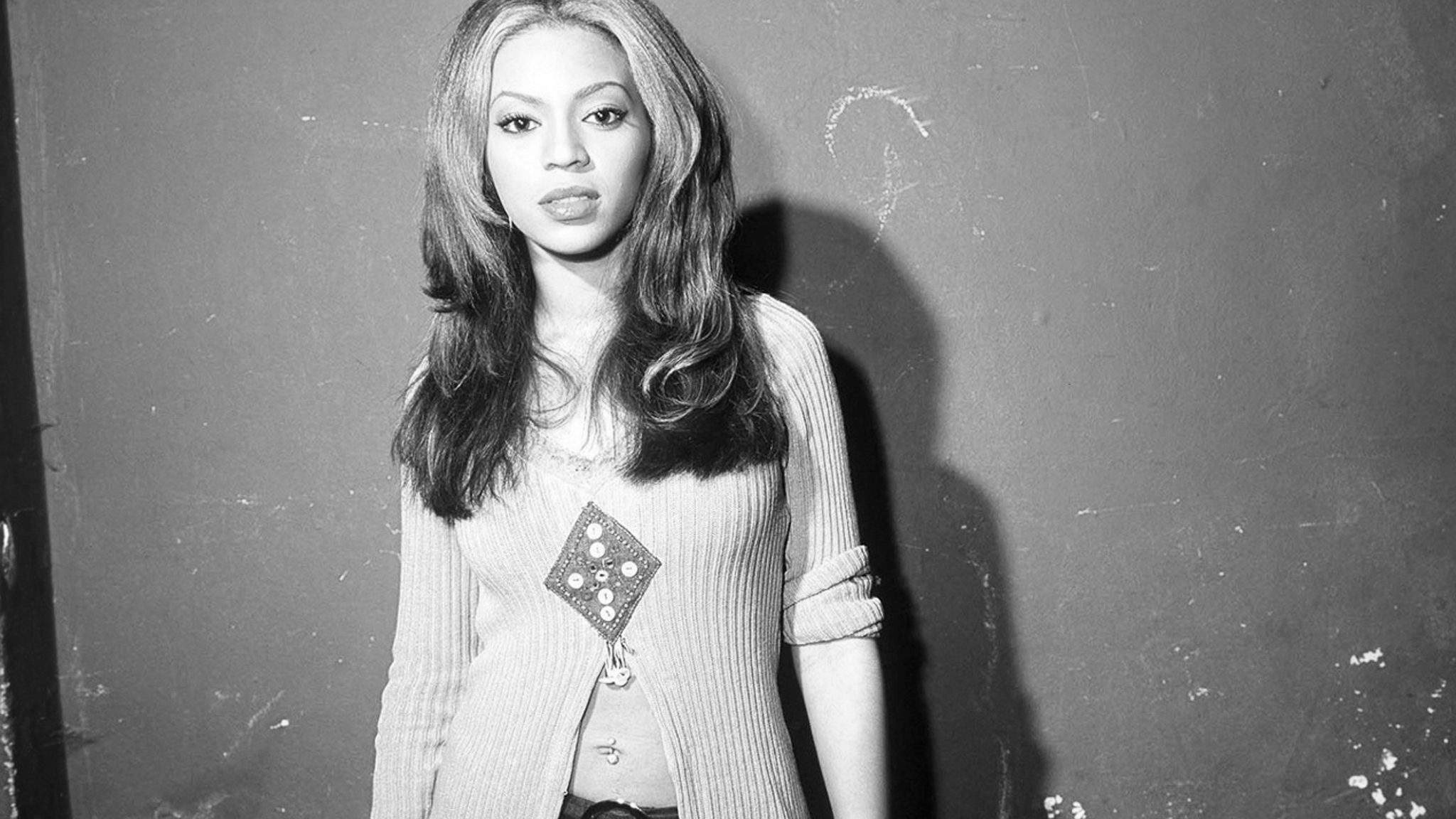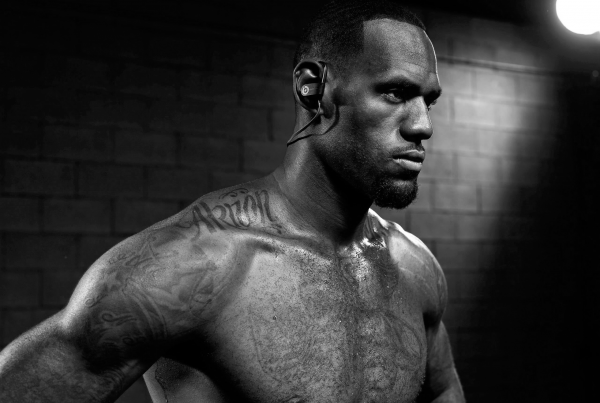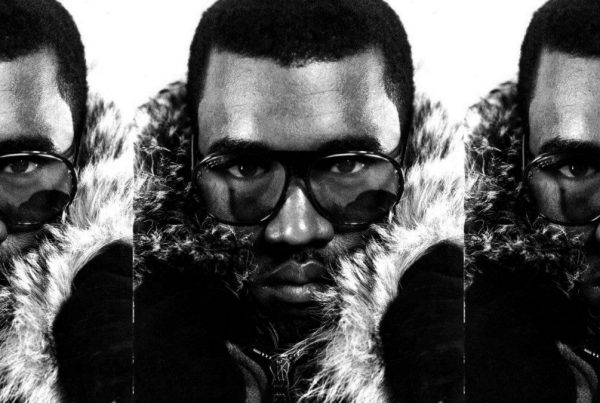When she was 10, Beyonce’s father Matthew Knowles would make her sing while running on a treadmill in order to develop her stage stamina. With rehearsals around the clock, high-pressure shows in giant stadiums and raging teenage hormones, Beyonce’s early life was extremely regimented and more-or-less “controlled” by her manager/father.
This year, Beyonce will become the highest-earning black musician in history, overtaking the likes of Michael Jackson and Prince. Her 126-date Mrs Carter Show world tour alone netted her $212 million. In order to reach these heights, Beyonce had to set boundaries and advocate for herself; she had to go independant. Her first step was releasing a solo album in 2003 and then subsequently leaving Destiny’s Child in 2005.
In the documentary “Beyonce: Life Is But A Dream” she opened up about the tough decision to finally break professional ties with her domineering father in 2011: “I needed a break… I had to let go,” she said.
The move ultimately caused tension between her and her father, but her resolve was firm:
“It took a while for me and my dad to have an understanding. When I turned 18 and started handling my business more, he went into shock. And we had our issues. I’d say “No” to something, and he’d book it anyway. Then I’d have to do it because I’d look bad [if I didn’t]. We would fight sometimes, and it took about two years, to when I was 20, for him to realize, “Oh, she is an adult now, and if she doesn’t wanna do something, I can’t make her do it.”
The former Destiny’s Child member, not to be limited by groupthink, struck out on her own and has released chart-topping solo albums since. In addition to developing a serious acting career with leading roles in Dreamgirls and Cadillac Records, this successful Texan is known for her contributions to the entertainment industry, and her savvy business acumen. She’s a brand ambassador for the likes of L’Oreal, American Express, Samsung, Ford and Pepsi.
Fiercely independent, she urges her legions of fans to establish their independence as well:
“Your self worth is determined by you. You don’t have to depend on someone telling you who you are… I don’t feel like I have to please anyone. I feel free. I feel like I’m an adult. I’m grown. I can do what I want. I can say what I want. I can retire if I want. That’s why I’ve worked hard.”
Themes of independence not only recur in her music, but in her work as an icon of women’s empowerment, where she declares gender equality as a myth:
“Women have to work much harder to make it in this world. It really pisses me off that women don’t get the same opportunities as men do, or money for that matter. Because lets face it, money gives men the power to run the show. It gives men the power to define our values and to define what’s sexy and what’s feminine and that’s bullshit. At the end of the day, it’s not about equal rights, it’s about how we think. We have to reshape our own perception of how we view ourselves.”
While many of her peers in the music industry continue to play into power structures that restrict their agency, Beyonce is using her success to empower women.
In the wake of their split, when asked about who planned to manage Beyonce, her father simply said: “Beyonce has the knowledge and experience to make that decision [herself].”
Like a boss.
—
This post was originally published on Year One.




